On Ukraine’s Independence Day we must ensure the most vulnerable are protected too
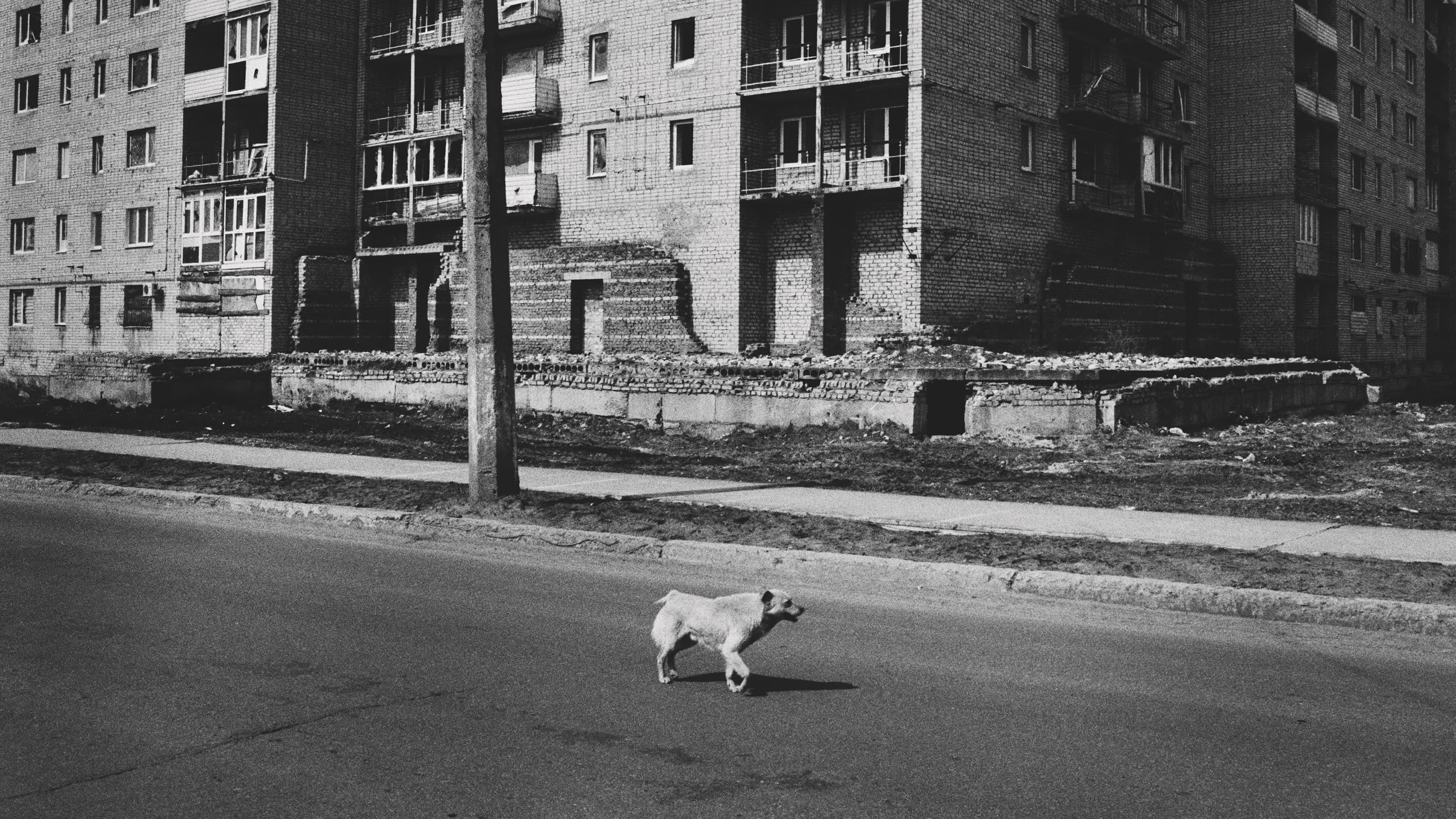
For over 15 years, Giles Duley has been documenting conflicts and war zones as a photographer. Duley, who left a successful career as a fashion photographer, has travelled to disparate parts of the world, including Sudan, Angola, Ukraine, and Afghanistan, where he collaborates with local NGOs in order to capture the stories of the forgotten and marginalised. It is this experience that led him to found the Legacy of War Foundation — an international charity providing support to civilians affected by conflict.
“As a photographer, I always say that, when I set out to do the work that I do, I wasn’t really a photojournalist but I was an angry man with a camera,” he tells HUNGER. “I was pissed off with the injustices I saw in the world and I thought that photographing them might have some impact. Over the years I realised that if I really wanted to create change, I was going to have to set up my own charity.” The first project undertaken by the Legacy of War Foundation involved rehoming a group of displaced Syrian refugees, and since then, the foundation has raised over £600,000 to support communities that are impacted by conflict with localised, partner-led projects.
Now, in the midst of the unfolding war in Ukraine, the Legacy of War Foundation is committed to providing assistance on the ground — particularly for the most vulnerable and marginalised. The CEO and founder, who has been covering the conflict in Donbas, Ukraine, since 2015, is currently working with NGOs in the country to help children and citizens with disabilities, who he says are in danger of being “left behind”. With the help of the NGOs Vostok SOS, Fight for Right, and Everybody Can, the foundation is providing transport within Ukraine for disability access vehicles, as well as wheelchairs to those in need.
And Duley comes to their aid with his own insights. In 2011, while on patrol with the 75th Cavalry Regiment, United States Army in Afghanistan, he stepped on an improvised explosive device (IED), which left him severely injured, losing an arm and both legs. This life-changing incident, a long recovery, and his subsequent experience as a triple-amputee has informed the work that Duley does today.
Here, HUNGER speaks to Duley about his inspiring work, the unfolding crisis in Ukraine, and why we must not take our eyes off the most vulnerable in society.
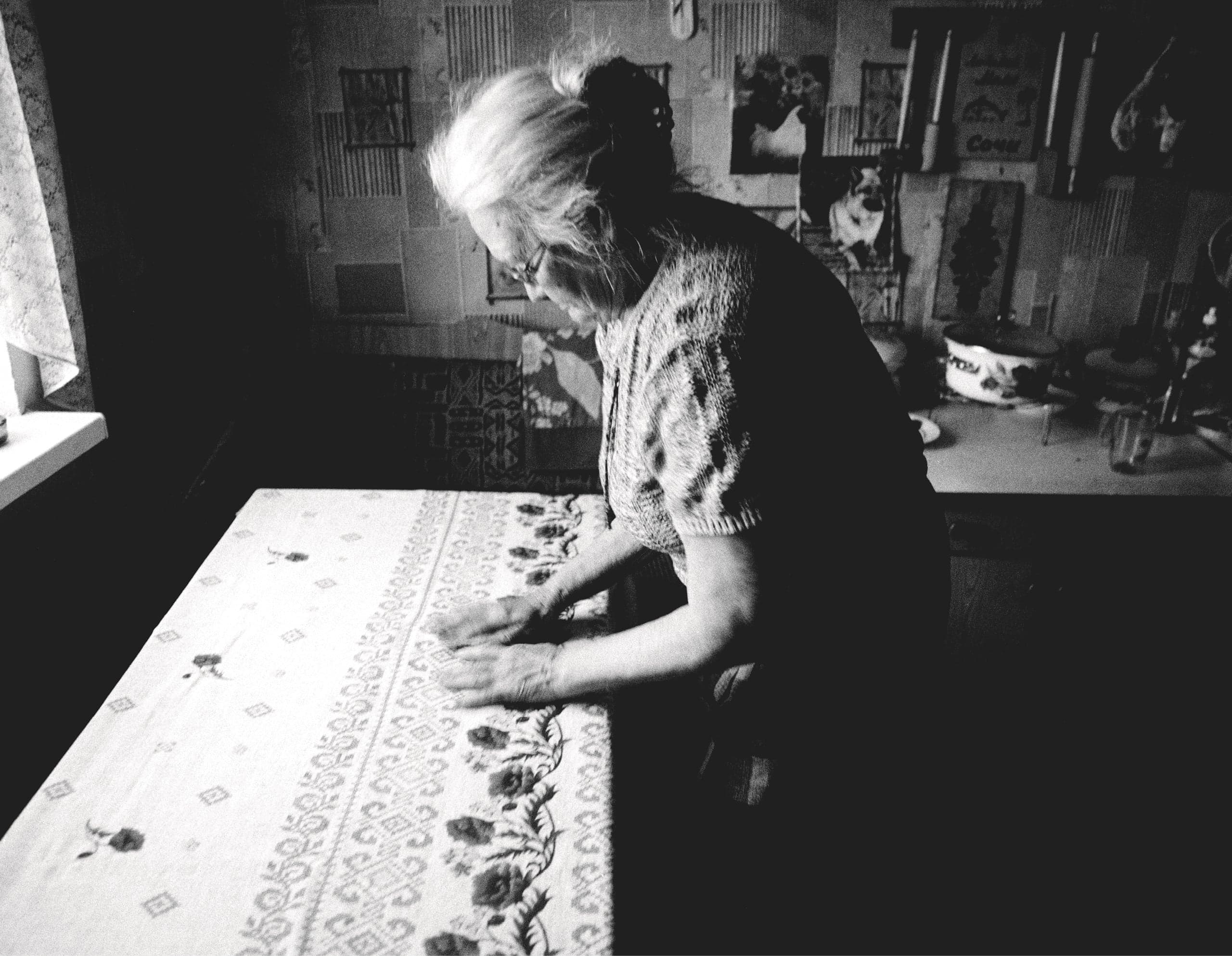
Why did you create the Legacy of War Foundation?
I have been documenting conflicts as a photographer for around 15 years and I just decided that I needed to do more for the people that I photographed. It wasn’t enough to just tell their stories if I didn’t have some impact on their lives, so it really started six years ago with a group of Syrian refugees in Lebanon that I’d been photographing for years. I managed to raise enough money to rehouse them all – and that’s how the charity started.
How has your work been informed by the injury you sustained in Afghanistan in 2011?
I was injured because of this work — literally because I was telling the stories of people caught up in conflict. This means that quite literally I am walking in their footsteps. So, who better to work with communities that have been affected by conflict than myself — it’s me because my life has been affected by it every day since.
Can you tell me about what the Legacy of War Foundation is doing to help the people of Ukraine now?
I’ve been working in Ukraine a lot over the past six years, since 2015. So we have a lot of good contacts and relations with NGOs in Ukraine. This meant that as soon as the war started, we knew we wanted to support local Ukrainian charities that have been operating there for years. Big international organisations are great, but they don’t have the inside knowledge that organisations within the country have. Immediately, we contacted our partners there, Vostok SOS, Fight for Right, and Everybody Can, which are basically charities that either work with children or people with disabilities. These are the civilians that we’re focusing on. We’ve seen scenes of people on foot and on trains leaving the country, but people in wheelchairs, or with other disabilities, are quite literally left behind as they’re not able to take public transport. We find that it’s always the most vulnerable in society that get overlooked in a crisis. We have stories of people who can’t get into bomb shelters because they’re not accessible for wheelchair users, so they’re having to hide in baths when bombings are happening. So we’re doing things like providing wheelchairs, transportation within the country via disability access vehicles, and then some very practical things like translation services for Ukrainian charities and helping with administrative work. Really anything we can do to take the workload off, as well as providing our partners with direct funding.
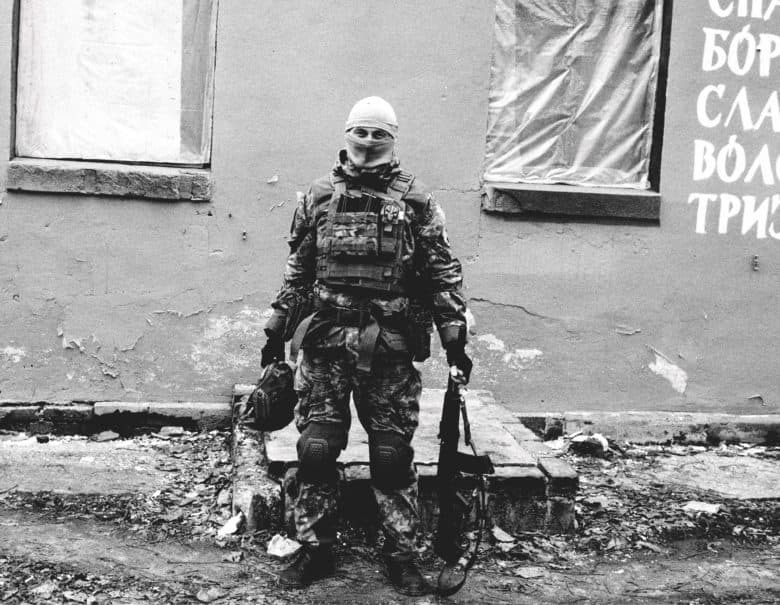
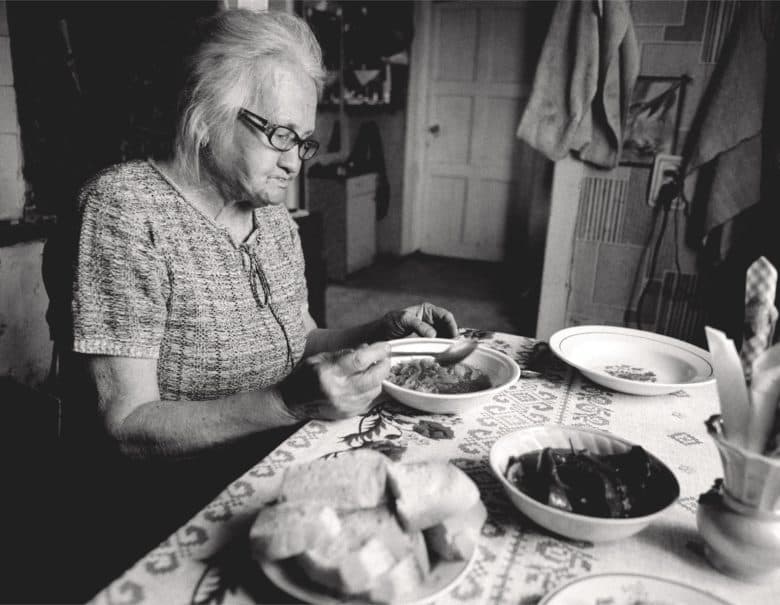
You’re also helping children — what are they facing in Ukraine currently?
A lot of people don’t realise that conflict was going on in Donbas since 2015; 10,000 plus people have been killed in the region before this recent war, and children have been dealing with the consequences of war and the psychological harm of that throughout. So we’re again supporting organisations that are providing psychological support to children, alongside very practical things. When you escape from a city that has been bombed you have nothing with you. So we provide everything from toiletries and tampons to colouring books for kids — you name it, we’re trying to get it there. You also have to bear in mind that millions of people have not actually left Ukraine, they’ve gone to Lviv or western Ukraine, but they are still displaced and need essentials.
What have you achieved so far?
Our first shipment of wheelchairs is heading out to Ukraine now. It’s so important because if you have a child with a disability, and you’re escaping conflict, you may need to leave things like wheelchairs behind, especially if you’re trying to get into a car or a train. So, in Lviv for example, there are many children with very complex needs who don’t even have their wheelchairs. It’s a small thing in some ways when you think about the entirety of the war, but it gives those individuals back their dignity. I know it myself, I spent a year in a wheelchair and I use two prosthetic legs to get around. When those things are taken away from me, I lose my independence. I feel like I become a burden. So what we’re trying to do is simply assist people with disabilities when it comes to rebuilding their lives with dignity and the support to do so.

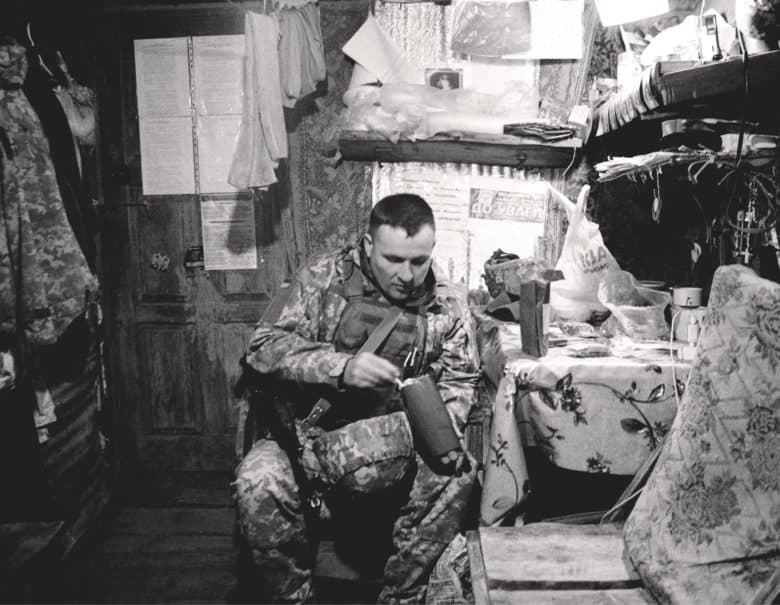
What are you hoping to achieve next? What are your long-term goals?
One of the reasons that we’re called the Legacy of War Foundation is that we normally work after conflicts are finished. The reality, if you’re a child in Ukraine right now, is that the psychological harm will be there for the rest of your life. Or if you sustain a physical injury, like losing a limb, that’s a life sentence. So 60 or 70 years from now, people are still going to be suffering from this war. So really our main work will come when peace comes to Ukraine and when the world’s media turns away — we will be there helping people rebuild their lives.
What else makes your organisation stand out?
As an organisation, we try to do things differently. I’ve worked with a lot of NGOs and charities where you have CEOs who are earning over a million pounds a year. For the Legacy Of War Foundation, I wanted to do things differently. It’s a mainly female-led organisation, seven women and me, and everybody gets paid the same. It doesn’t matter if you’re working in Rwanda or as the CEO, we all get paid the national average wage. Those things are really important because when you see big organisations, they’re likely taking at least 10% immediately for their overheads, and we’re not doing that. One of the reasons to work with us is that the money that is donated to us goes directly to the people in Ukraine.
Is there anything you want to add?
I believe everybody has a skill that can create change. It may be through fundraising or creating designs for T-shirts, you name it — there are ways that you can use your skills to create change and we’re always happy to hear from anyone who wants to get involved with us in that way.
Donate to the Legacy of War foundation, here.

